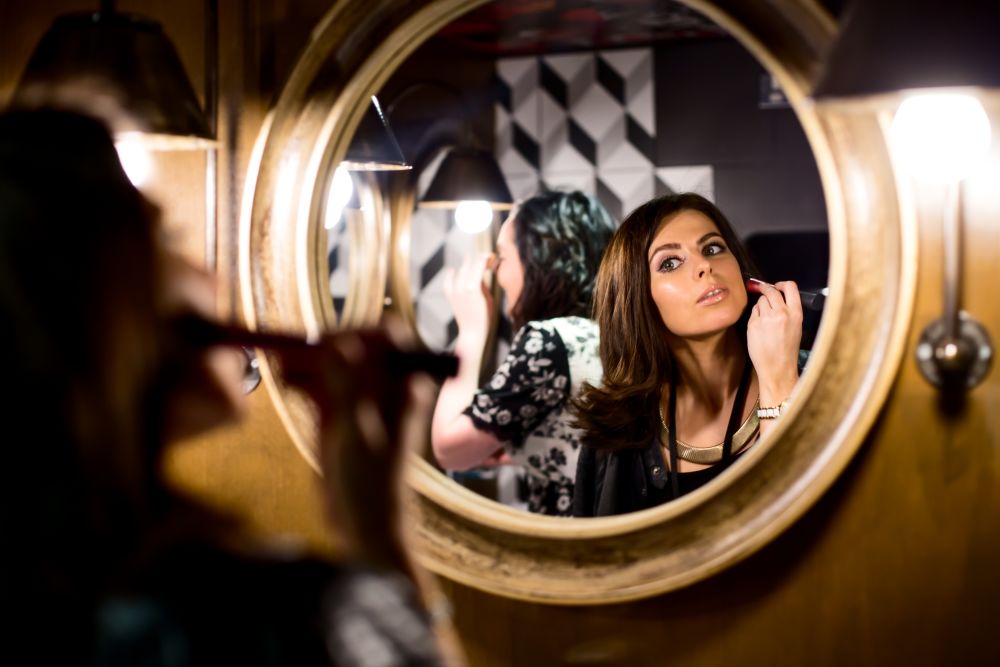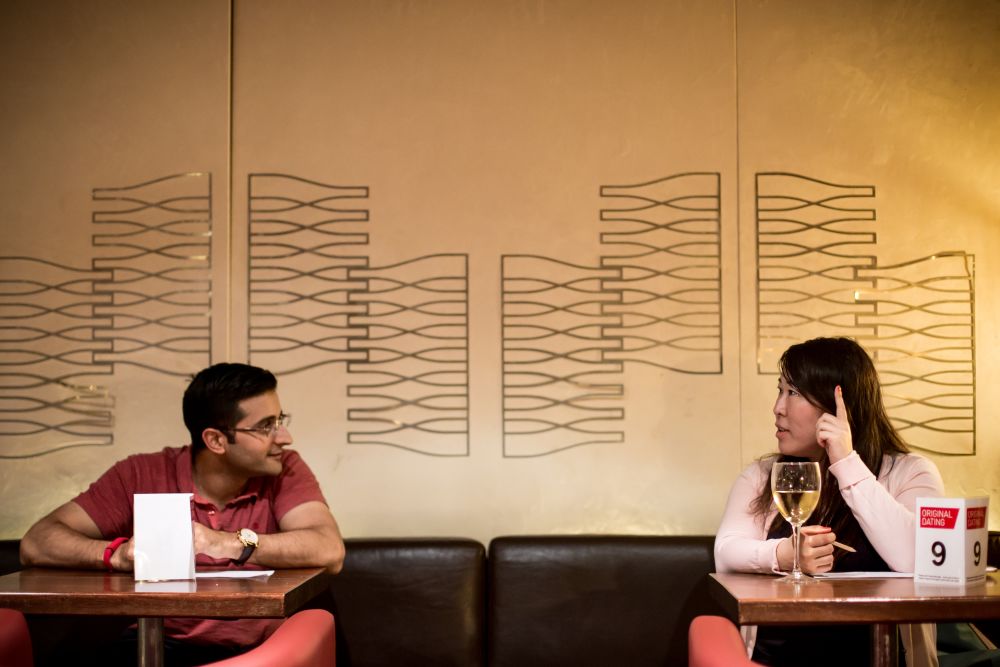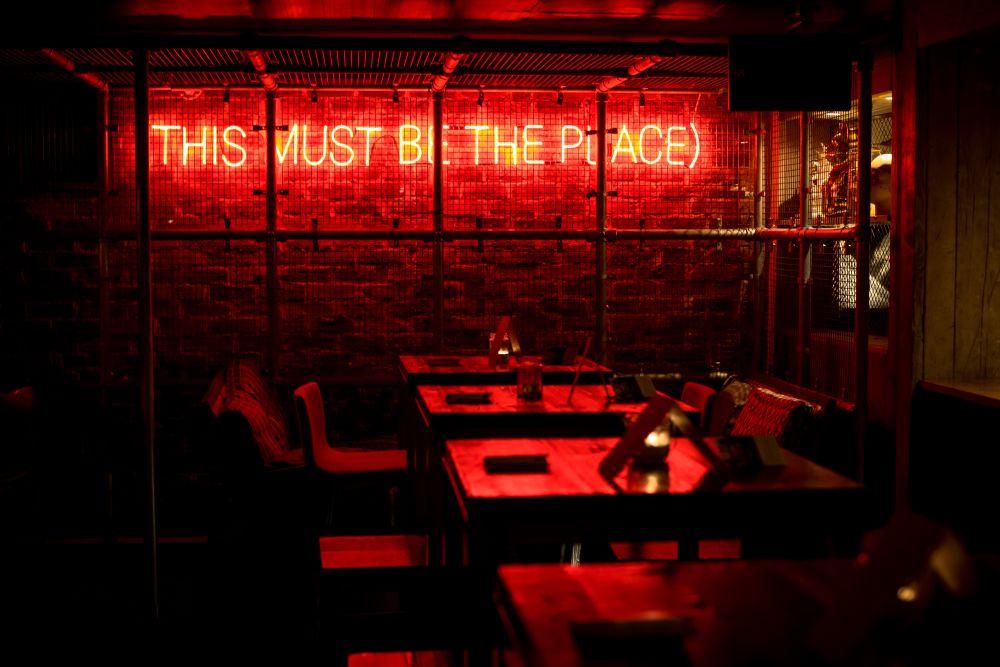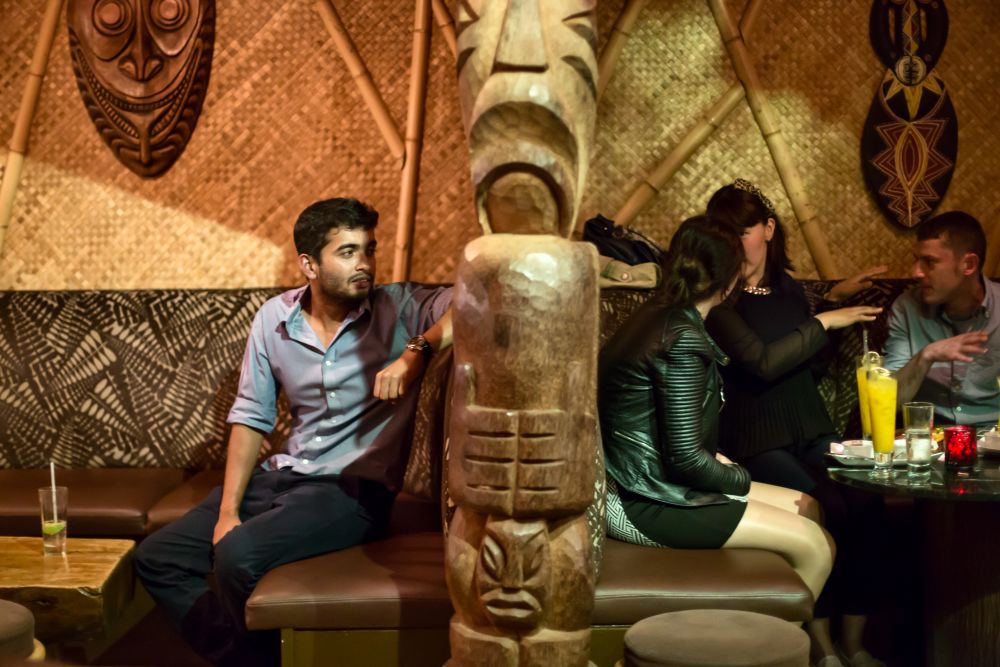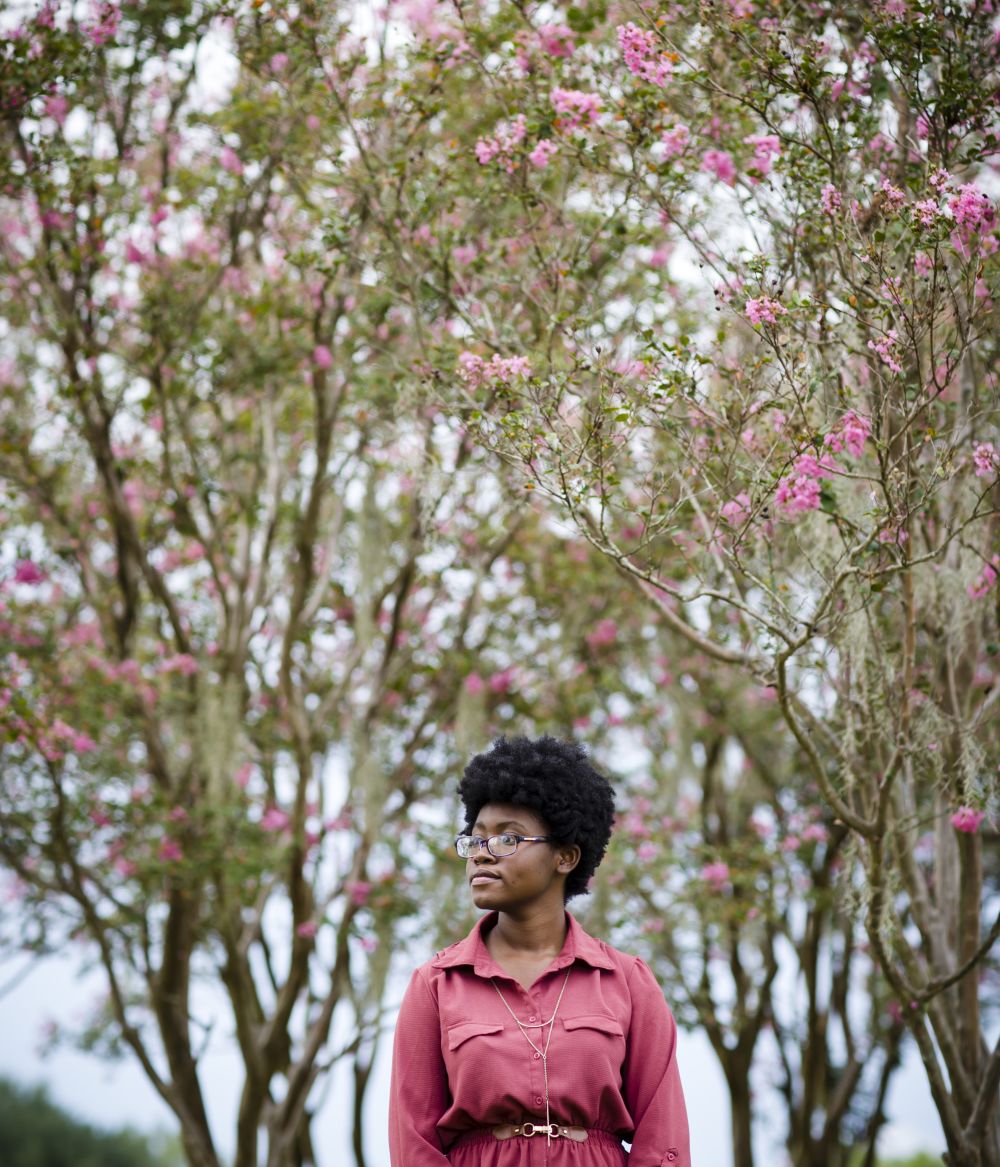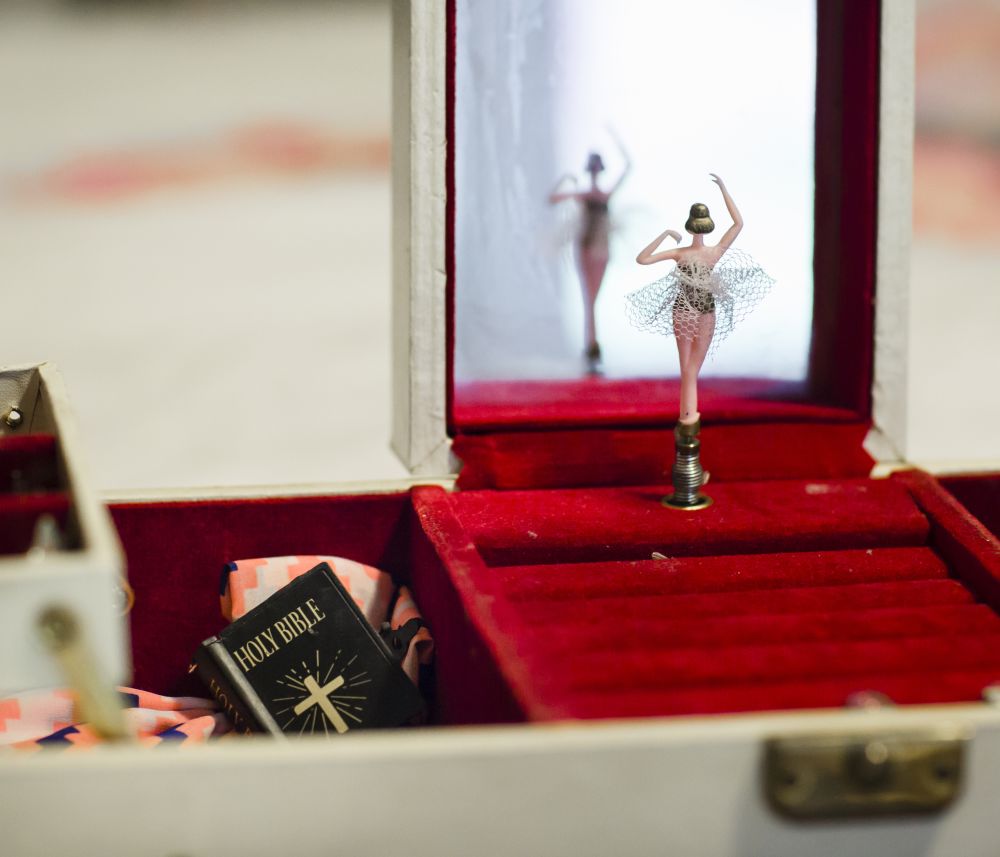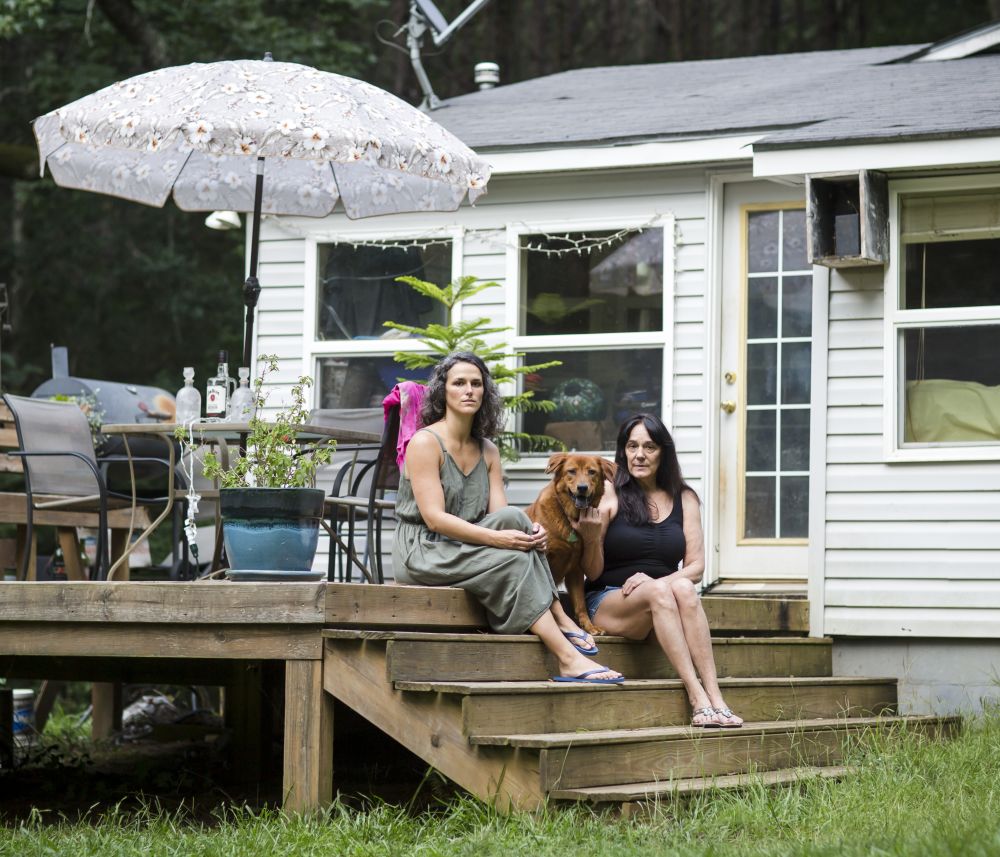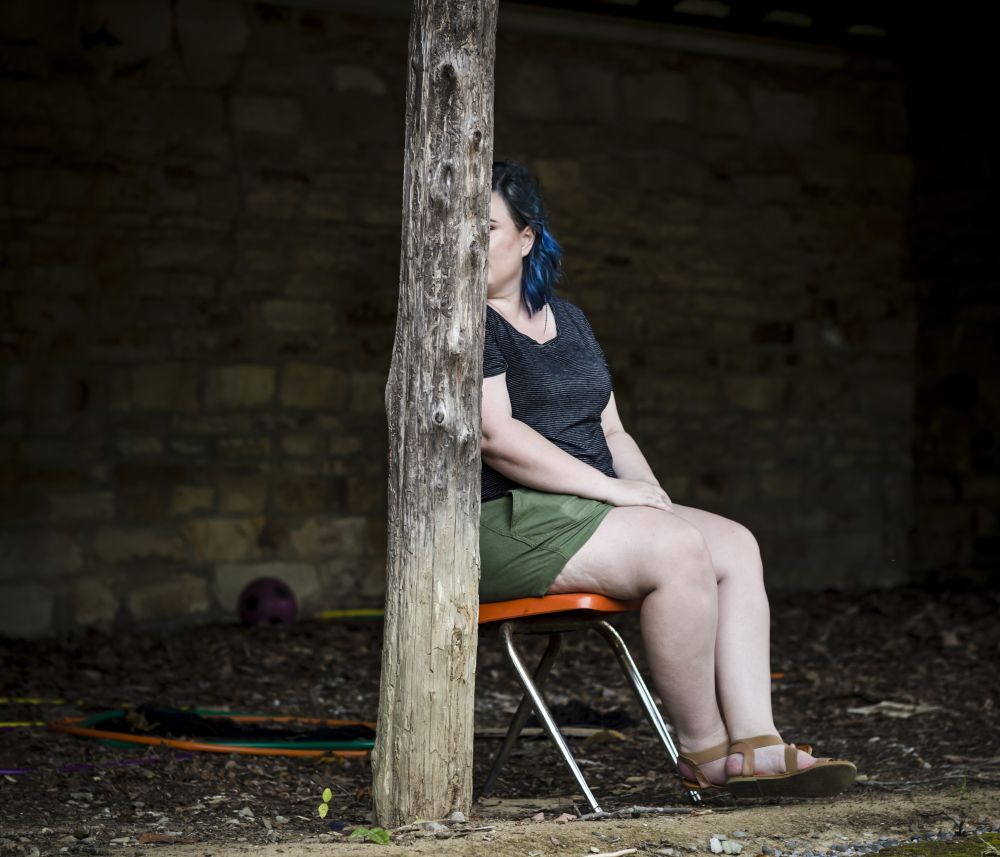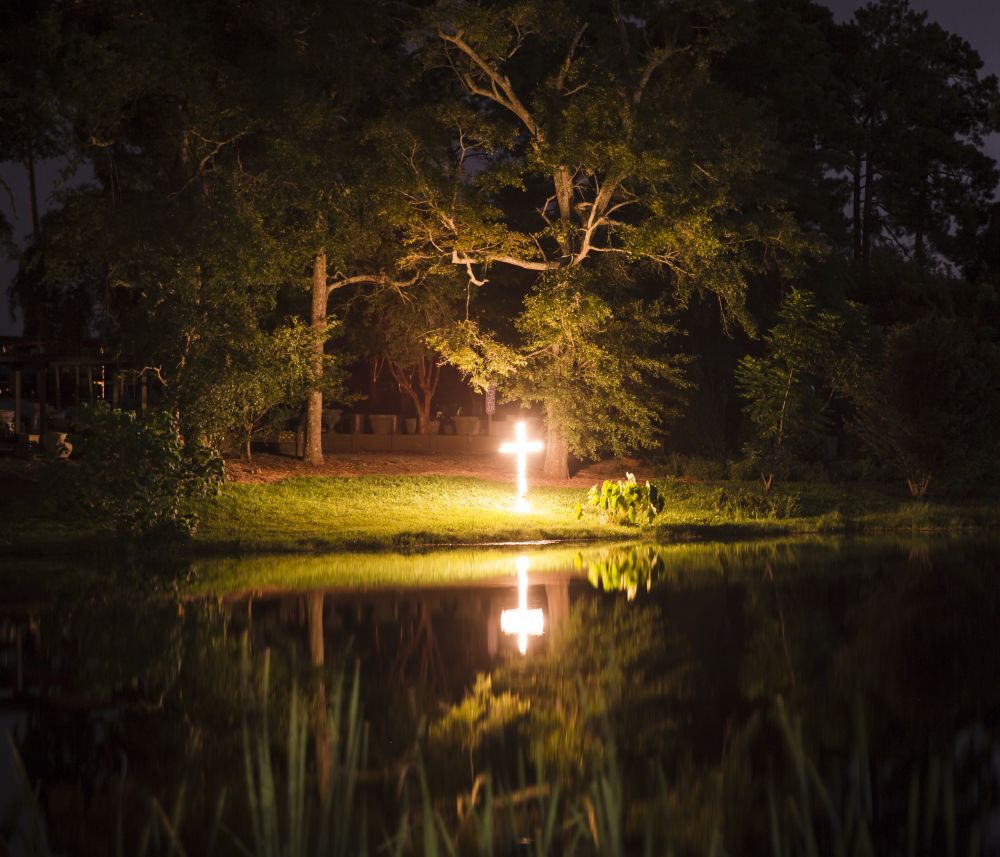
From short course to MA, it's a deeper dive into education
Dedication and time is sometimes all you need to make things possible, having spent three weeks on our Magnum Intensive Documentary Photography course Cocoa Laney knew her aim of becoming a professional documentary photographer had a future. Looking to get past "feeling stuck" in regards to her career, where she was working as a family portrait photographer, it was an internet search led her to LCC for "a closer and realistic look at the industry" on our short course in collaboration with Magnum Photos.
Born and raised in Alabama,USA; Cocoa notes "Both the short course and the MA helped me to realise that I had a story to tell that was already very close to me". She shared her latest project with us, which was presented as part of LCC's Postgraduate shows, and explores Southern culture, shame, and religion among young women in her native state of Alabama.
We caught up with Cocoa to talk all things progression, from her transition to MA, how the short course served as a great springboard for her application to LCC's MA Photojournalism and Documentary Photography course and the supportive community the course brought together.
Speed Dating, Cocoa's project produced during Magnum
You joined us for Magnum Intensive Documentary Photography course back in 2017 – how was it?
The course was pretty stellar in terms of the level of instruction we received. In addition to our normal lecturers, who are experts in their own right, we had incredible guest lecturers and I was exposed to photographers who have since influenced my own practice. Beyond this, my group was particularly close, and we were all supportive of each other's work (and still keep in touch two years later). Having a community that challenges you and feeds your creativity is invaluable, but unfortunately it's not something most people have access to in their day-to-day lives. The course created an environment where we were able to dedicate ourselves fully to photography and have our ideas heard and built upon by experts in the field.
What was it that made you choose the course?
Before the course, I was feeling stuck and doubting some of the choices I'd made about my career and my photographic practice. I found the course through an online search and it sounded like the kick-start I needed to move ahead, although I had no idea about the lasting impact it would have.
How did the short-course help you with your professional development?
The short course gave me a closer and realistic look at the industry, which was something that I had never been exposed to before. It absolutely kick-started my professional development because, thanks to the network I formed, I ended up coming on the MA in documentary photography and photojournalism.
Did the experience impact your decision to join the MA at LCC?
I was positive that I was done with formal education when I came on the course; however, Max's approach to documentary photography felt very new and exciting. The first lecture she gave caused me to question my own practice and think about why I am (or maybe am not) the right person to undertake certain projects. I had never been pushed think about documentary photography in such a critical yet personal way. Max's approach deeply resonated with me, which can be a rare thing to find in an academic setting. When I finished the short course, I had the feeling that I wasn't done at LCC... two years later and I'm very glad I followed that intuition.
You've just graduated from MA Photojournalism and Documentary Photography at LCC – tell us about your experience, how it's shaped your work, whether the short-course helped you feel at ease when starting etc...
My intuition was pretty spot on, and I was able to dig into some of the questions that had arisen for me during the short course. In fact, it sometimes felt like an extended, more academic version of what helped me most during the Magnum course, which helped me feel at ease. In addition to creative stimulus and an exceptional level of exposure to the industry, I was thrown into a tight-knit community of people from a variety of backgrounds who share my passion. The MA was also instrumental in exposing me to theory and research practices that have enabled me to develop, understand, and defend my work in an informed way.
We loved the work you created and recently showed in the PG Shows, tell us about your project and how it formed?
Thank you! Both the short course and the MA helped me to realise that I had a story to tell that was already very close to me. Those experiences culminated in a project called Belle, which explores Southern culture, shame, and religion among young women in my native state of Alabama. Over the course of six weeks, I visited fifteen different towns and slept in the homes of young women and non-binary people. Each participant in the project wrote a letter to the anonymous person I would meet on my next stop, sharing pieces of their individual experiences living in the present-day Bible Belt and creating a network of encouragement among strangers. Beyond this, the trip marks my own attempt to come to terms with the place I still call home.
Belle
How has your work evolved since finishing the short course?
My definition of documentary photography is much wider (and frankly much more interesting) than it was before the course. I have a stronger sense of my voice as a photographer, as well as the kinds of stories that I want to tell. During the course, I photographed a project about speed dating and ended up going to ten different events as a participant. It sounds silly (and it was!), but it gave me confidence in key areas like getting access and building trust in a short period of time. It was also the first time I'd ever directly involved myself in a project, which turned out to be an important step considering that my work now is more explicitly tied to personal experience.
